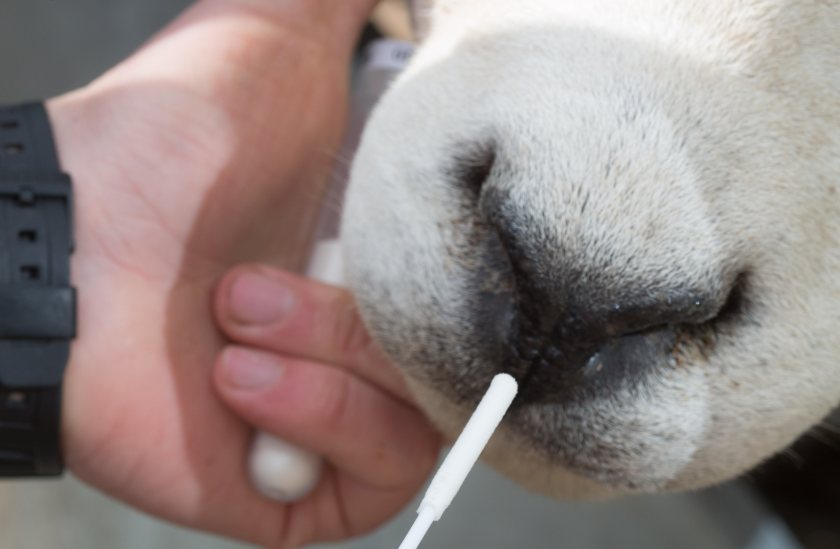
The Texel Sheep Society has introduced routine genomic evaluations to better support breeders and increase genetic gain in the breed.
The adoption of genomic evaluations will be made through texelplus, which is the society's genetic improvement service, it said today.
The use of genomics and genomic technologies has been central to the society’s recent research and development projects.
Genomic evaluations could help to predict future performance more accurately than using simple genetic pedigree information, as more detail on the genetic make-up of individual animals is available.
This allows breeders to optimise the profitability of their flocks by informing animal selection and supporting breeding decisions.
The society's chief executive, John Yates said the society had, throughout its history, embraced new technologies.
“The adoption of genomic evaluations through texelplus is another logical step in the society’s and breed’s development," he explained.
“The knowledge and experience gained from this work over the last decade means the society is well-placed to use the technology for the benefit of all members, adding value to the breed once again.”
Mr Yates said there were significant benefits for individual animals and at the breed-level from genomic evaluations.
"Using the process chosen by the society, all animals benefit from the genomic evaluation whether they’ve been genotyped or not, though those that have been genotyped will benefit more.”
The improved accuracies for genotyped animals have knock-on effects, for example by enhancing their parents’, progeny, and siblings’ values, irrespective of those animals being performance recorded, he added.
In addition to providing more accurate breeding value estimates and index values, genomic evaluations can confirm an animal’s parentage where genomic information for the progeny and at least one parent is available.
